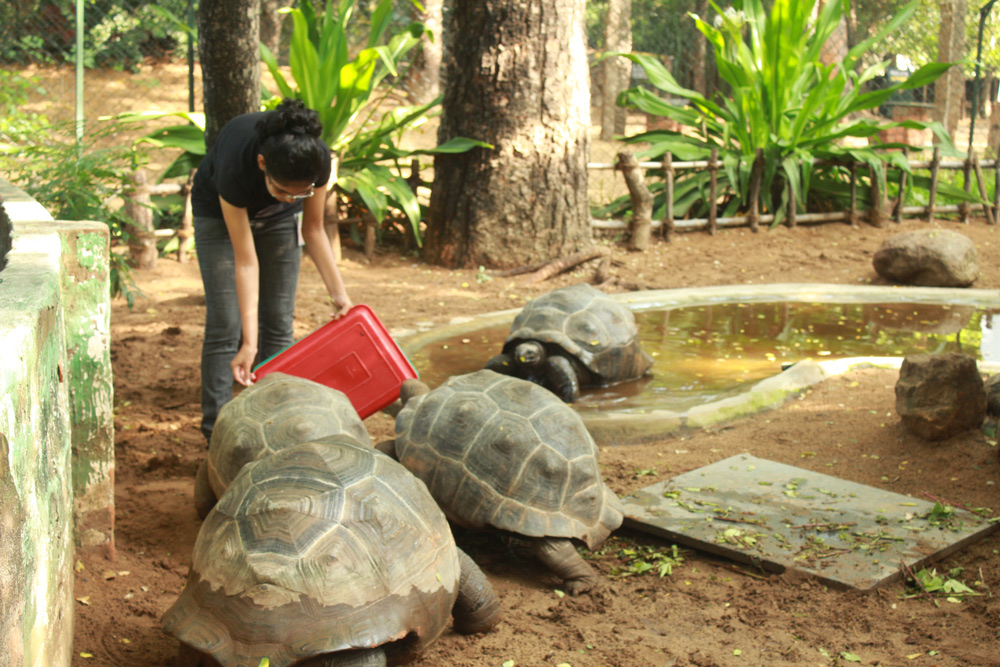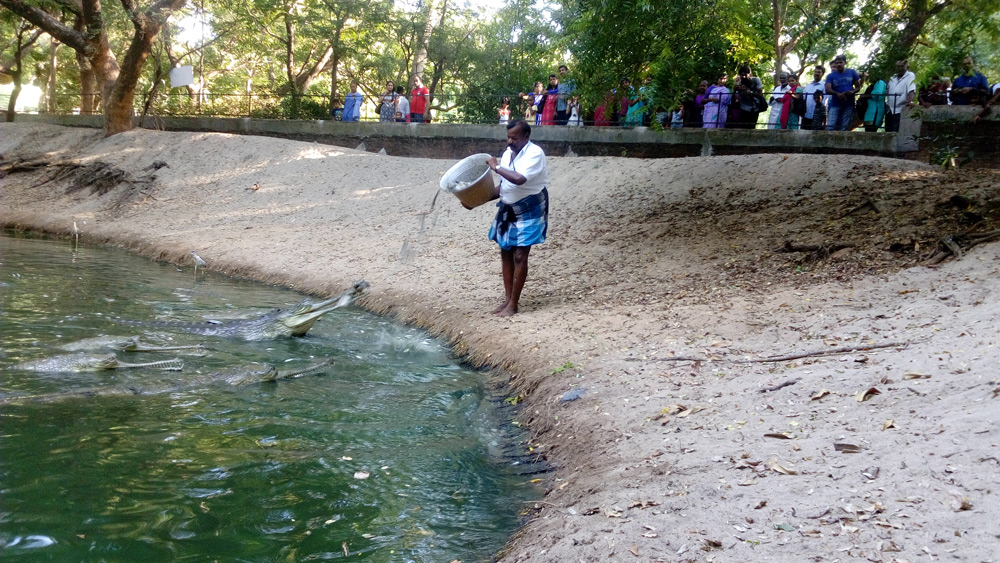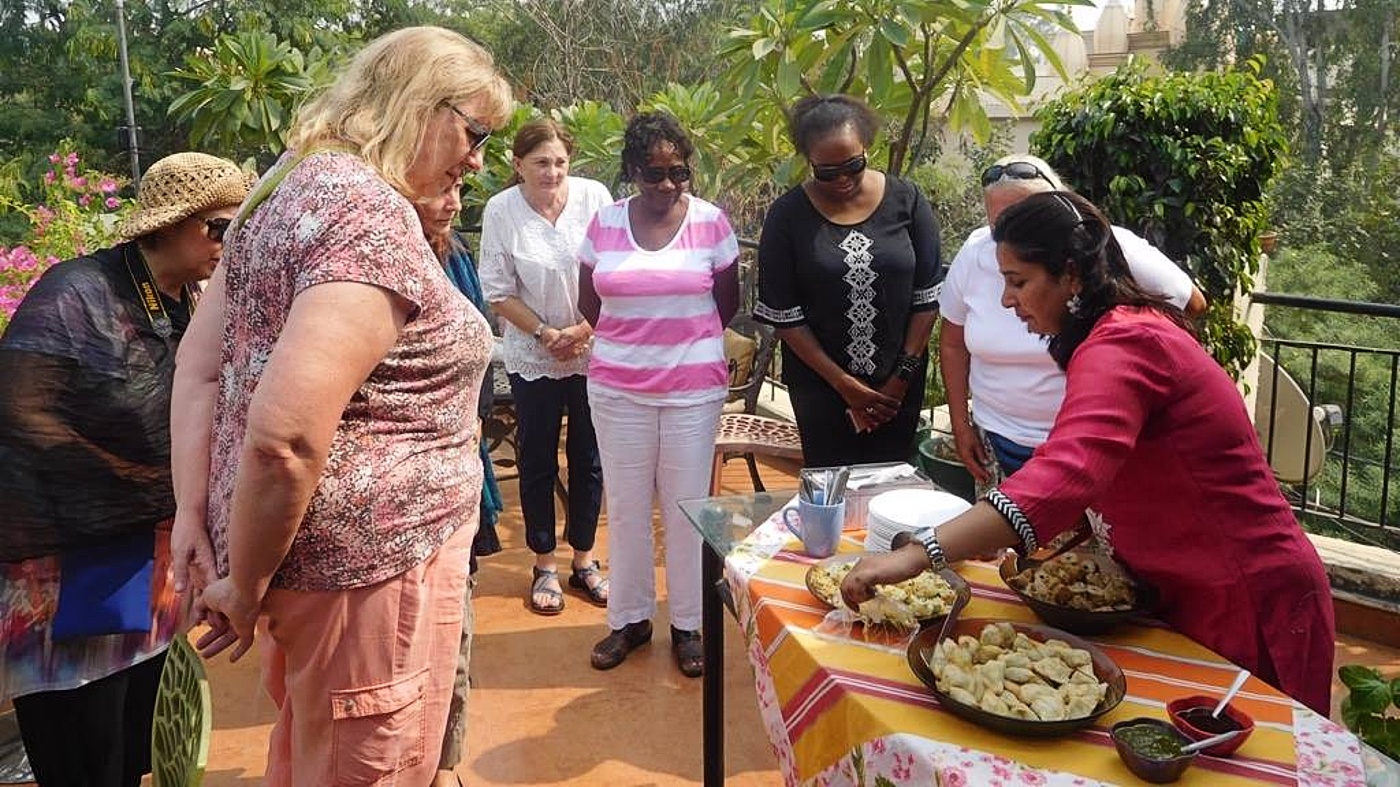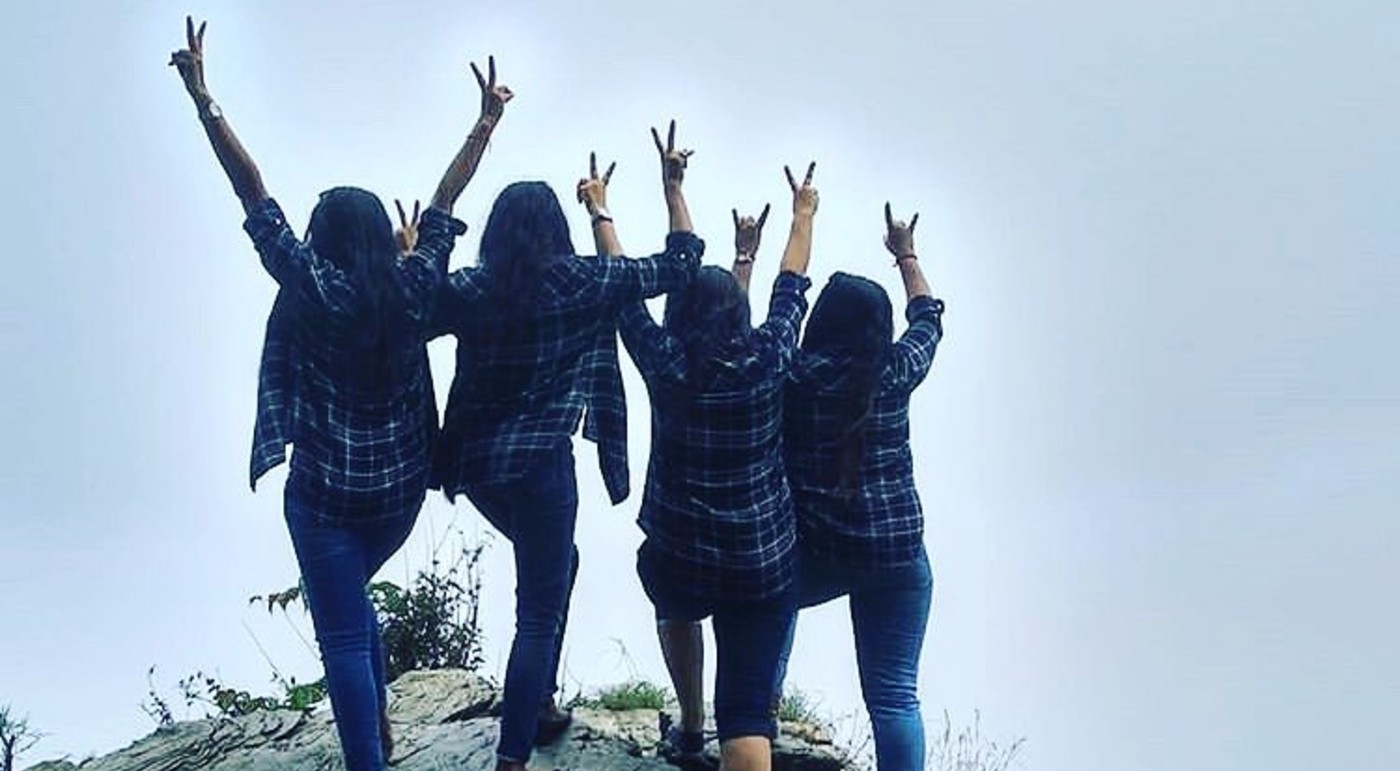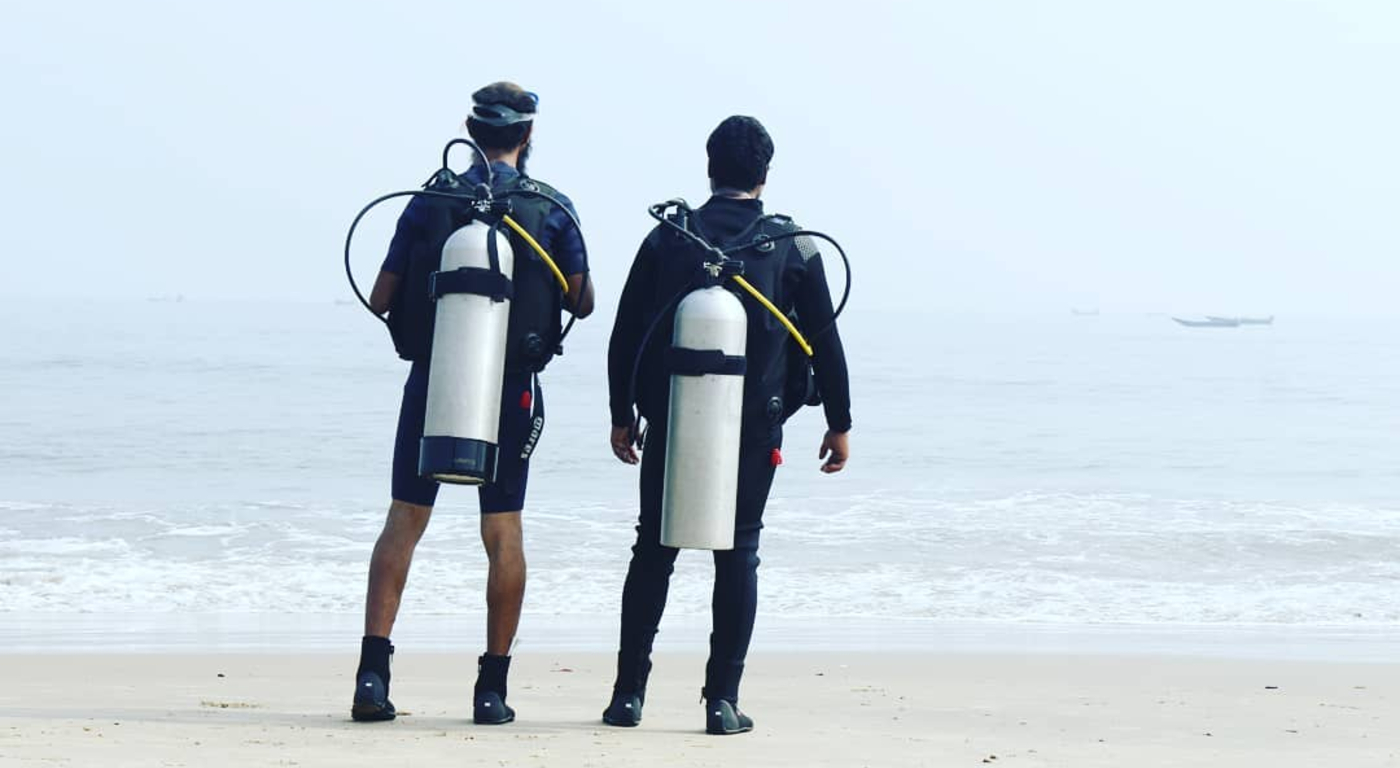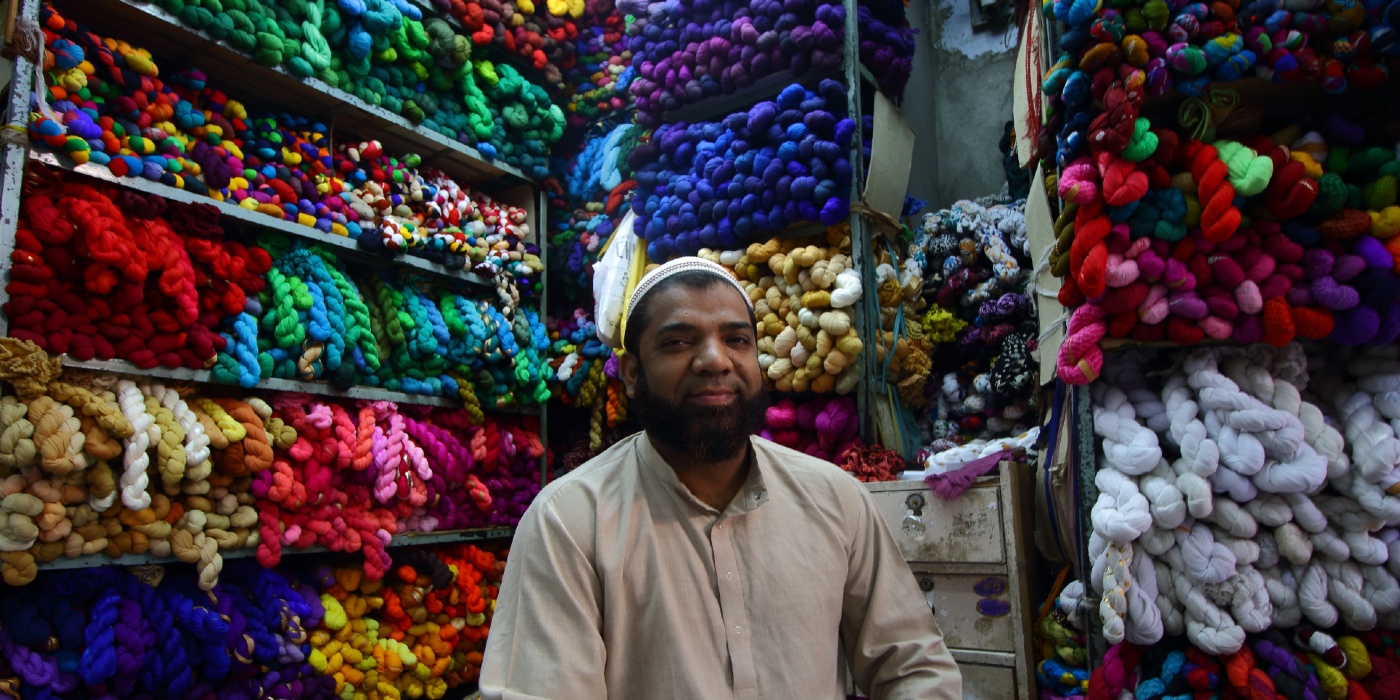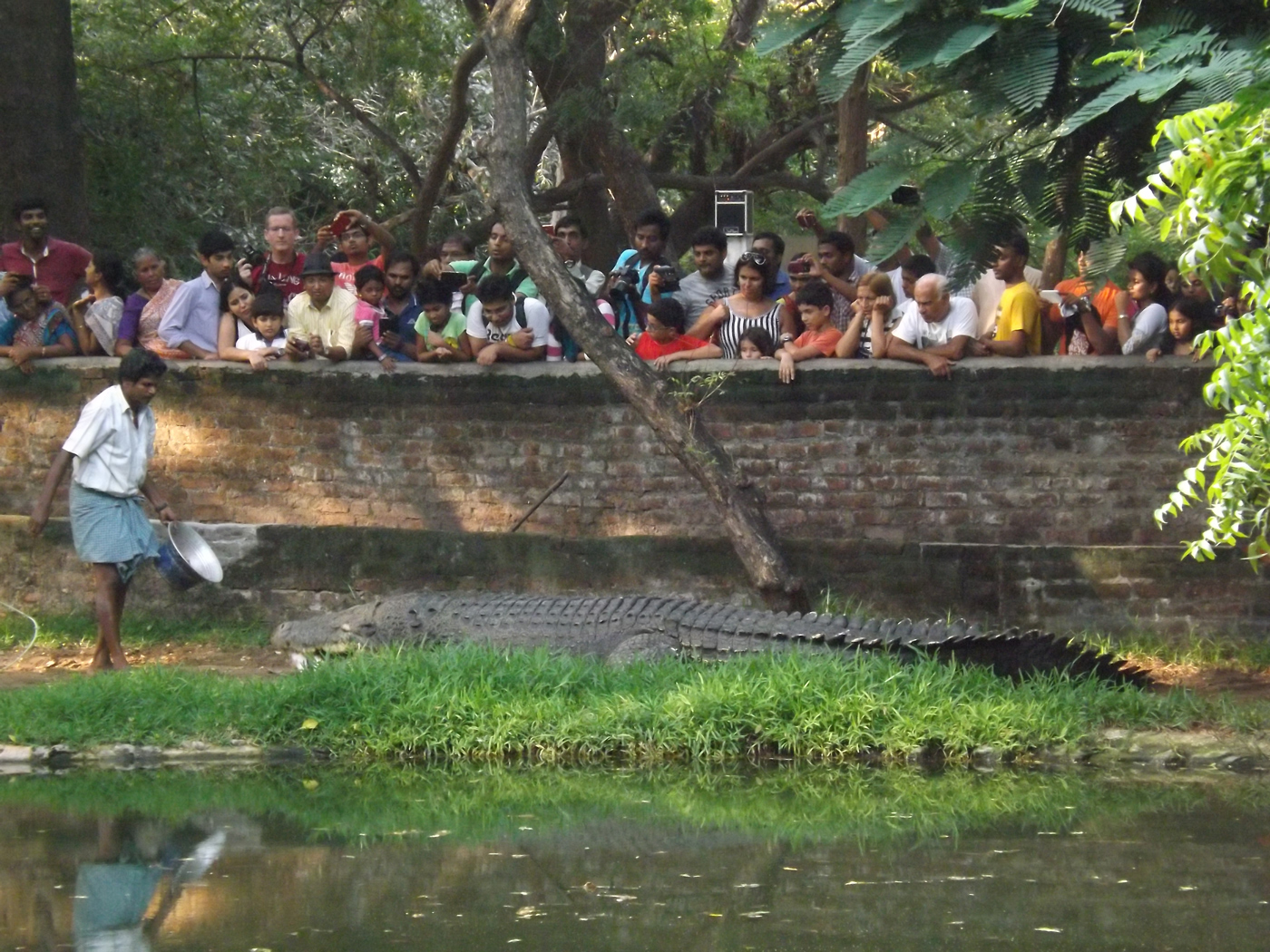
Chennai

MCBT was originally designed to be a living genetic repository of crocodiles for safekeeping, to protect and multiply until such time when they could be returned to restock their original wild habitats. This action was initially met with tremendous success, but today, release into the wild has stopped due to shrinking wilderness areas and the lack of suitable habitat. Today Croc Bank is home to 17 species of crocodilians, three of which are listed by the IUCN as critically endangered with a further three listed as threatened. As the need for the conservation of reptiles grew, the Croc Bank increased its repertoire to include turtles, lizards and snakes and it came to be known as the Madras Crocodile Bank Trust and Center for Herpetology in 2003. The Croc Bank now successfully breeds several species of threatened chelonians, including two listed as critically endangered.
Read more: www.madrascrocodilebank.org
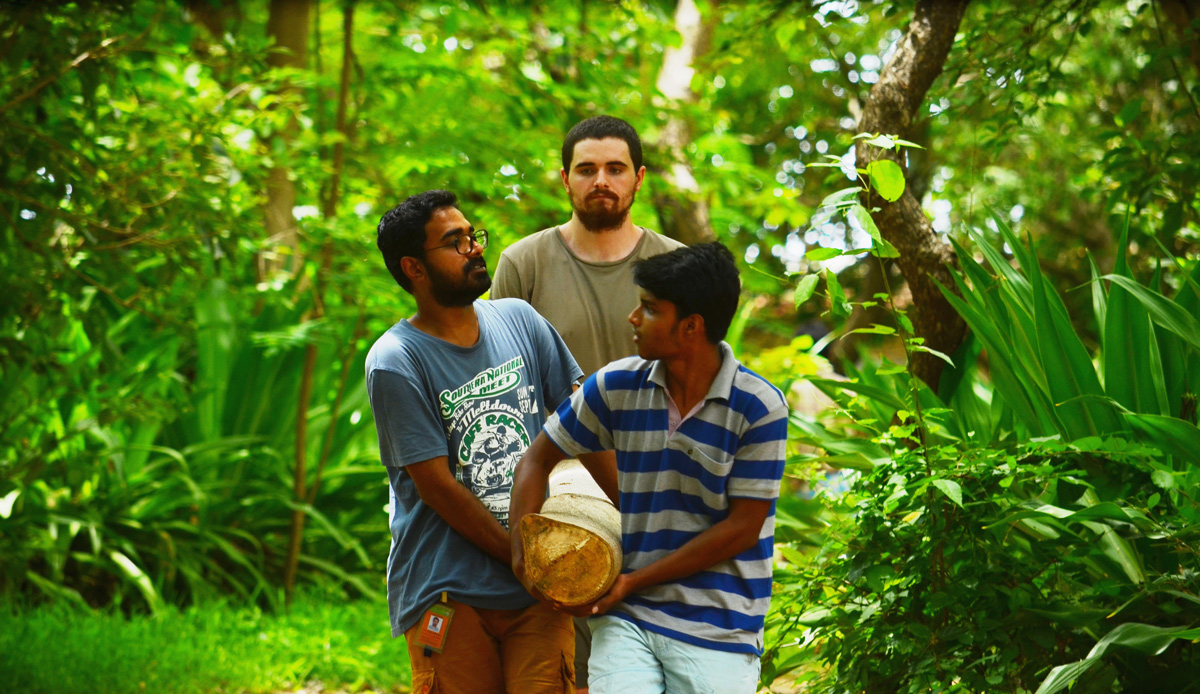
Slow Travel
Chennai’s MCBT celebrates its 40th anniversary this year, and for most of those 40 years, it has played a crucial role in raising awareness and conserving reptiles and amphibians, including crocodiles and snakes. It has worked with snake catchers of the Irula tribe, and its anti-venom research has been crucial in India where several people are affected by snakebites. Although its reptile park in Chennai is a crucial source of funds, the MCBT’s research footprints can be found in more than one region—including central India, the Western Ghats, and the Andaman and Nicobar islands.
